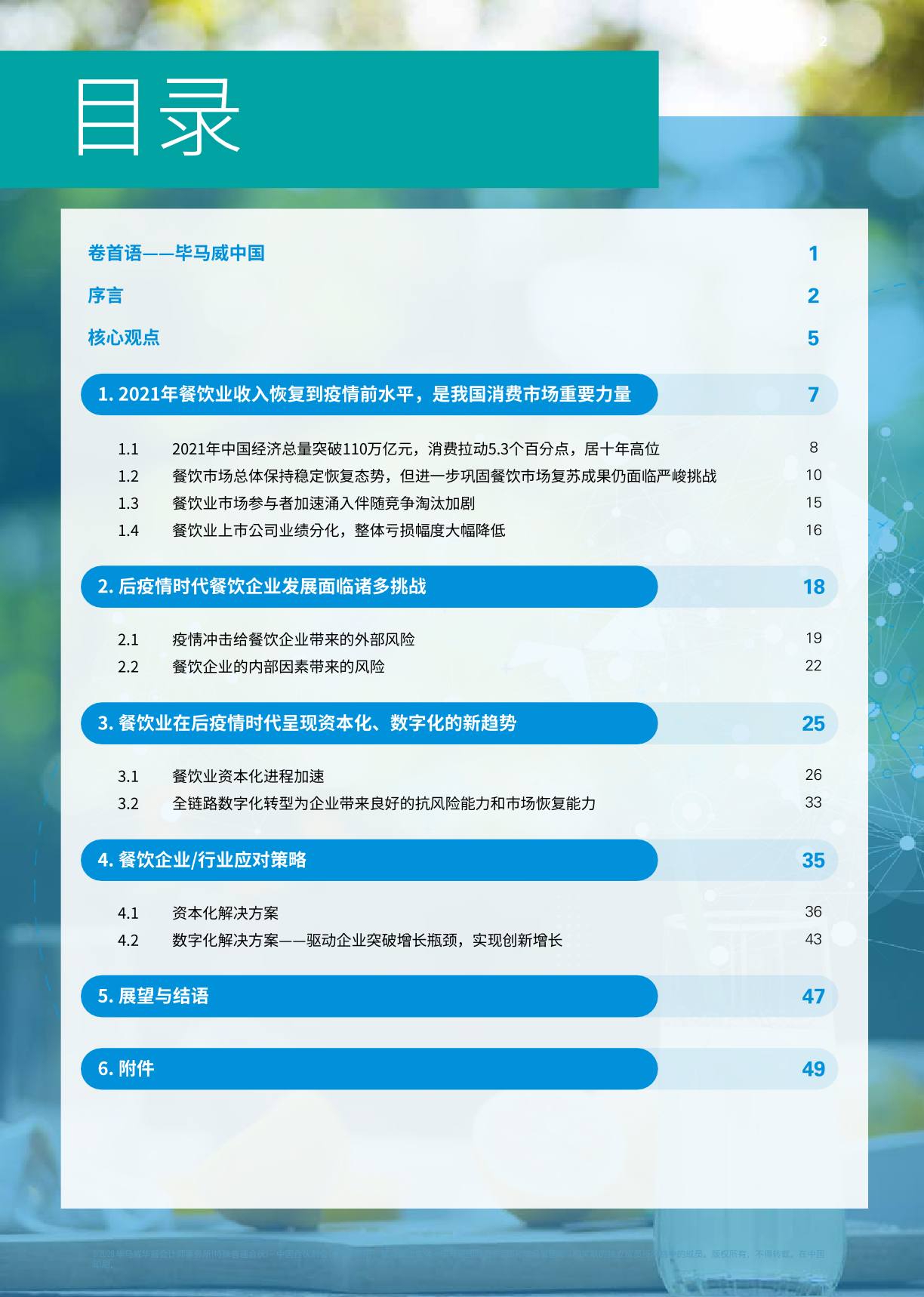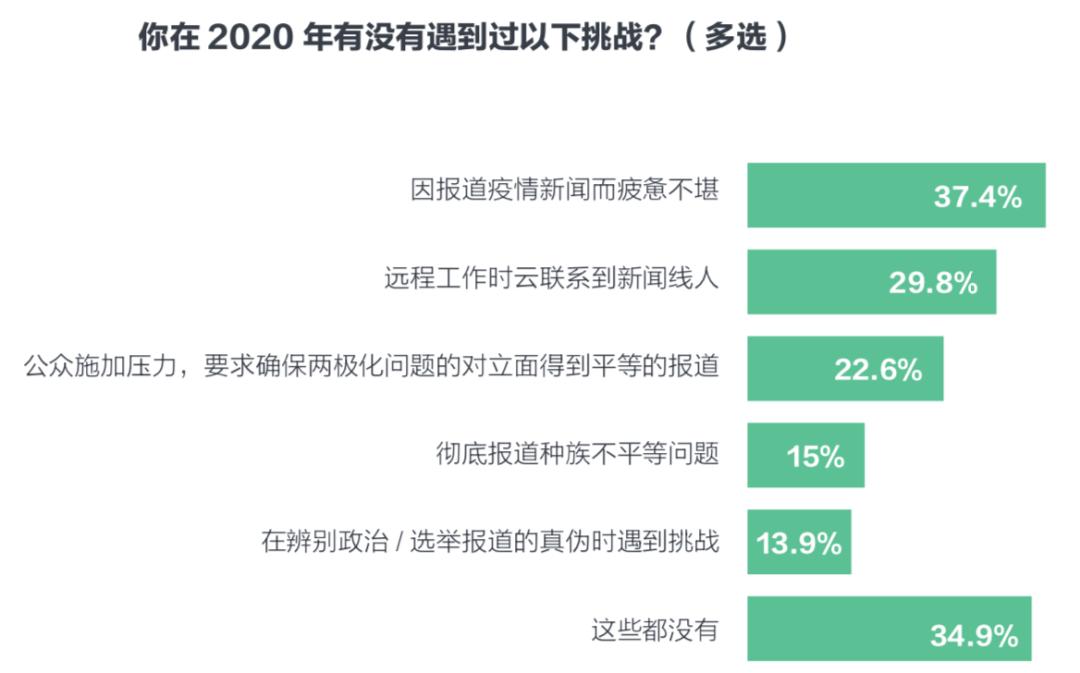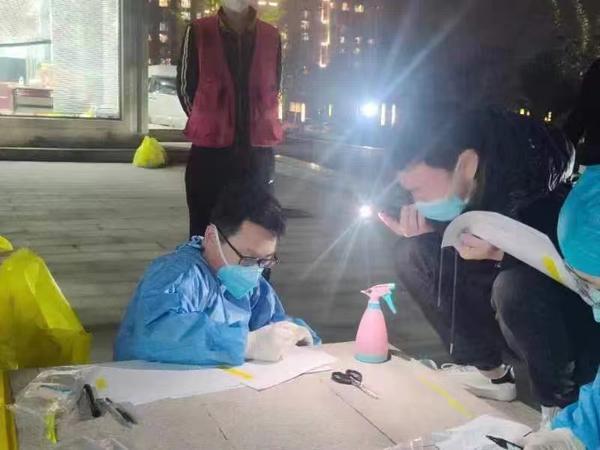Global Perspective on COVID-19 Pandemic: Challenges, Responses, and Future Outlook
Since its first detection in late 2019, the coronavirus disease (COVID-19) has rapidly transformed into a global pandemic, posing unprecedented challenges to public health systems, economies, and societies worldwide. This English report aims to provide a comprehensive overview of the COVID-19 pandemic from a global perspective, examining the initial outbreak, the subsequent spread, the impact on various sectors, the international response efforts, and finally, offering insights into the future outlook and lessons learned.
The Initial Outbreak and Spread of COVID-19
The novel coronavirus, later named SARS-CoV-2 by the World Health Organization (WHO), was first identified in Wuhan, China, in December 2019. Initially, the outbreak was met with limited attention due to its unfamiliarity and the belief that it would be contained within China's borders. However, within weeks, the virus had spread beyond China's borders, with the first cases reported in Europe and the United States by January 2020. By March, the WHO declared the outbreak a pandemic, marking the globalization of the virus's spread.
The rapid transmission of COVID-19 was fueled by several factors: human mobility during the Lunar New Year celebrations in China, inadequate early response measures, and the virus's high contagiousness. The virus's ability to spread through close contact and respiratory droplets made it particularly challenging to contain. As a result, countries around the world implemented travel restrictions, lockdowns, and other measures to slow its spread.
Impact on Public Health Systems
The pandemic has exposed weaknesses in healthcare systems worldwide. In low- and middle-income countries, already struggling with inadequate infrastructure and resources, the pandemic has been particularly devastating. Overwhelmed hospitals, shortages of medical supplies such as ventilators and personal protective equipment (PPE), and a lack of trained healthcare workers have led to a surge in deaths and infections. In contrast, developed countries with robust healthcare systems have also faced significant challenges, including staff shortages due to illness or self-isolation and a strain on hospital resources.
The pandemic has also highlighted the importance of public health measures such as widespread testing, tracing of contacts, and vaccination programs. However, these measures have been hampered by issues like limited testing capacity, slow distribution of vaccines due to production delays or logistical challenges, and vaccine hesitancy in some communities.
Economic Impact
The economic impact of COVID-19 has been profound and far-reaching. Governments worldwide have implemented lockdown measures to slow the spread of the virus, resulting in a sudden halt to economic activity. This has led to a sharp decline in global GDP growth, job losses on a massive scale, and a surge in poverty and inequality. Small businesses have been particularly hard hit, with many forced to close permanently due to lack of revenue or inability to comply with health regulations.
The pandemic has also disrupted supply chains globally, leading to shortages of essential goods and services. This has had severe consequences for industries ranging from food production and distribution to automotive manufacturing. The impact on developing countries has been particularly severe due to their reliance on exports and remittances from overseas workers.
International Response Efforts
In response to the pandemic, nations have collaborated on several fronts. The WHO has played a crucial role in coordinating a global response, issuing guidance on public health measures, sharing information on the virus's characteristics, and advocating for equitable access to vaccines and treatments. The United Nations (UN) has also mobilized its agencies to support member states in addressing the pandemic's multiple dimensions.
International organizations such as the World Bank and the International Monetary Fund (IMF) have provided financial support to countries struggling with the economic fallout of the pandemic. The G20 nations have collaborated on economic stimulus packages and vaccine distribution efforts through initiatives like COVAX, aimed at ensuring equitable access to COVID-19 vaccines worldwide.
Lessons Learned and Future Outlook
As we look towards the future, several lessons have emerged from the COVID-19 pandemic that will shape our responses to future health crises:
1、Global Cooperation: The pandemic has underscored the importance of international cooperation in addressing global health threats. Countries must work together to share information, coordinate responses, and ensure equitable access to vaccines and treatments.
2、Strengthening Health Systems: Investing in robust public health systems is crucial for detecting and containing new outbreaks. This includes improving surveillance systems, increasing access to testing and treatment facilities, and training healthcare workers.
3、Economic Resilience: Building economic resilience through diversification of industries and promoting digitalization can help mitigate the impact of future shocks like pandemics. Governments should also consider implementing policies that support small businesses and vulnerable populations during times of crisis.
4、Climate Change: The pandemic has highlighted the interconnectedness of health and environmental issues. Addressing climate change can help prevent future pandemics by reducing the risk of zoonotic disease transmission and improving overall environmental health.
5、Preparedness Planning: Governments should develop comprehensive emergency preparedness plans that include both health and economic aspects. This includes investing in research for new vaccines and treatments, establishing robust communication strategies with citizens, and preparing for potential economic disruptions.
Conclusion
The COVID-19 pandemic has been a defining moment in modern history, exposing deep-seated vulnerabilities in our global systems while also demonstrating remarkable resilience and solidarity among nations. As we move forward from this crisis, it is essential that we learn from our experiences and use them to build a more resilient world that is better prepared for future health emergencies. This requires a concerted effort from governments, international organizations












 京ICP备11000001号
京ICP备11000001号
发表评论